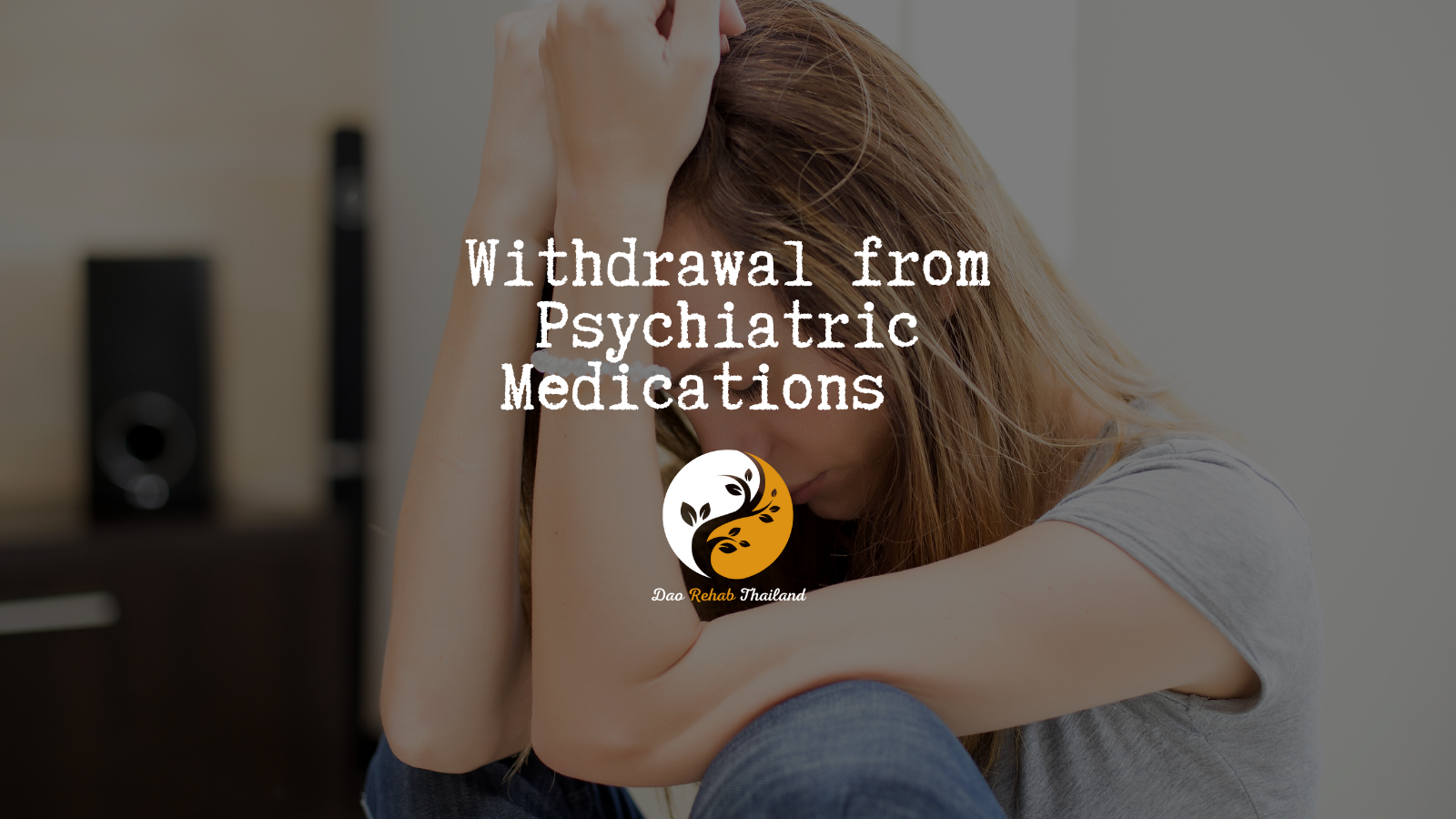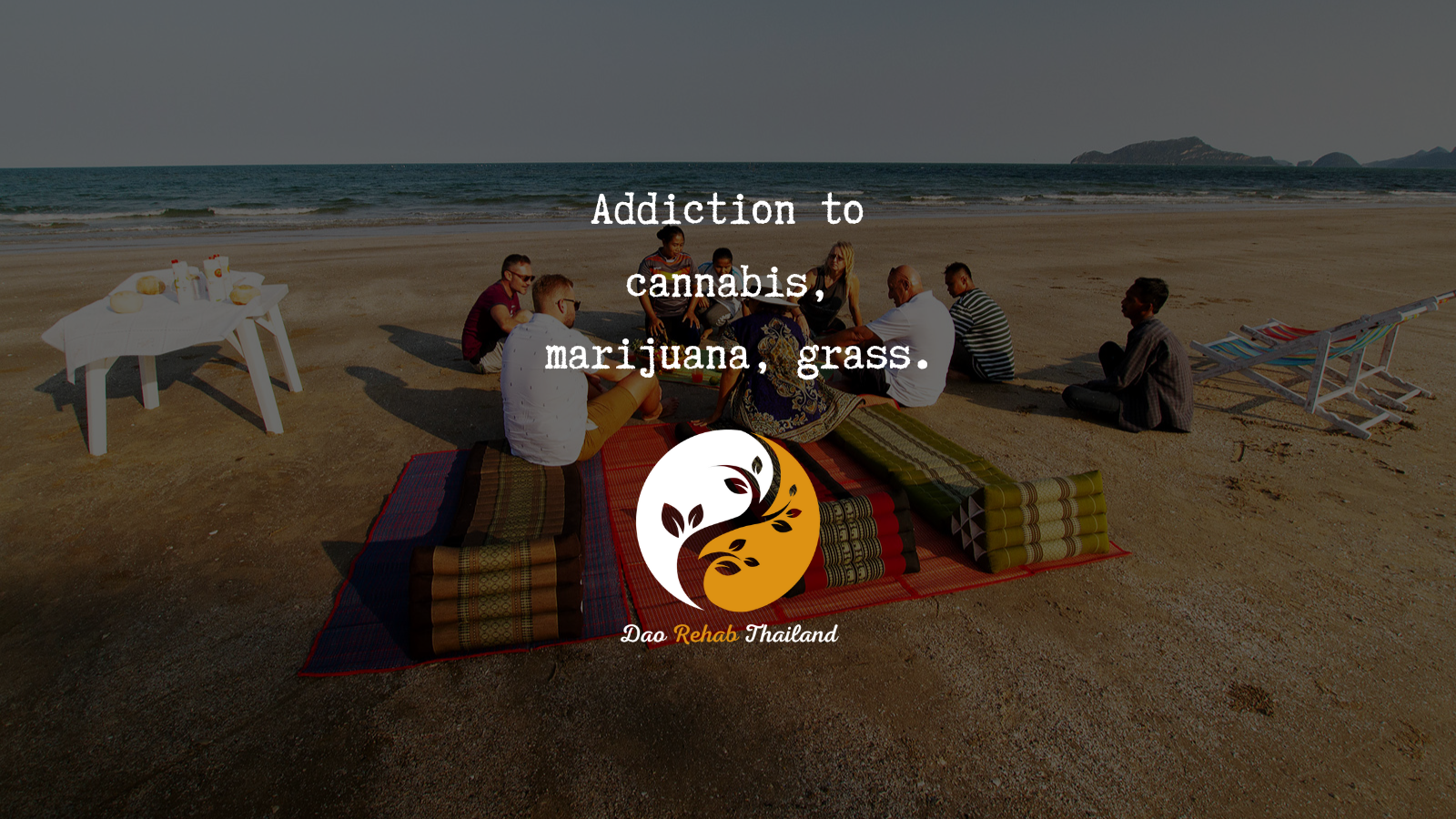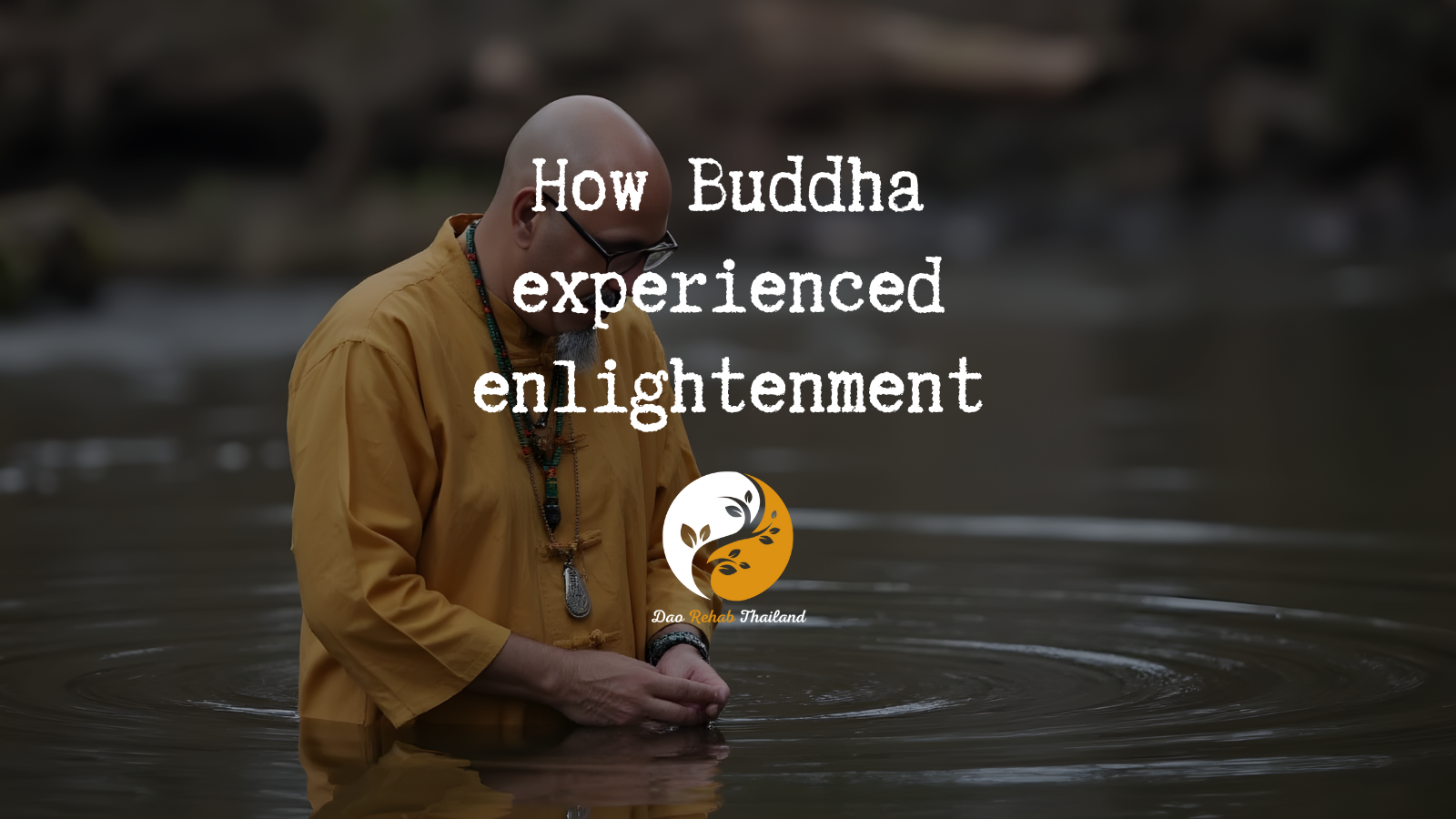
Withdrawal from Psychiatric Medications
Withdrawal from Psychiatric Medications
“Turning the impossible into possible”

"Detox from Withdrawal from Psychiatric Medications at a Luxury Holistic Center in Thailand and Israel"

Withdrawal from Psychiatric Medications
DaoTherapy Presents an Innovative Approach to the Process of Discontinuing Psychiatric Medications
Dr. Mizrahi emphasizes that while these medications can be helpful in certain cases, there are also individuals who wish to reduce or stop their use. However, this process can be complex and challenging, and therefore it must be approached with caution and responsibility.
"Holistic Center for Trauma, Addiction, and Mental Imbalance Treatment in Thailand"
“Come to the beginning of your journey to freedom from addiction to alcohol, drugs, and pills, and rediscover your life within the serene embrace of DaoTherapy Rehab in Thailand—where holistic healing meets empowering recovery.”
DaoTherapy Holistic Rehab
Key Elements of OxyContin Detox:
Medical Supervision: OxyContin detox must be conducted under medical supervision, as the body may experience withdrawal symptoms. These can include nausea, anxiety, muscle aches, and insomnia. A medical team will monitor and manage these symptoms to ensure the patient’s safety and comfort.
Holistic Therapies:
Holistic Therapies: Many detox programs incorporate holistic therapies such as mindfulness, yoga, and meditation to help individuals cope with stress and anxiety during the detox process. These therapies support the mind-body connection and contribute to overall recovery.
Tapering Process
Tapering Process: OxyContin detox often involves a gradual tapering of the drug to reduce withdrawal severity. Doctors will slowly decrease the dosage over time to allow the body to adjust to lower levels of the substance.
Psychological Support:
Psychological Support: Like any addiction recovery process, detox from OxyContin includes psychological support. This can involve counseling, therapy, or support groups to address the mental and emotional aspects of addiction.
Post-Detox Treatment:
Post-Detox Treatment: After completing detox, continuing treatment is crucial to prevent relapse. This often includes participation in ongoing therapy, group support, and the development of new coping strategies to maintain sobriety.
Within the harm reduction approach:
The DaoTherapy approach presented here is based on the principles of harm reduction, with the aim of supporting individuals at every stage of the process, while respecting their personal needs and desires. It is important to understand that there is no one-size-fits-all solution, and each person must find the right path for them in the withdrawal process and in strengthening their supportive environment.
One of the main topics in the lecture is the importance of gathering information from a variety of sources before making the decision to reduce or stop the use of medications. It is essential to consult with addiction professionals, with an emphasis on clean addicts who practice the 12-step method, read relevant material, and listen to the experiences of others who have undergone a similar process. The more knowledge accumulated, the greater the ability to make informed decisions.
Additionally, Dr. Mizrahi emphasizes the importance of timing in the withdrawal process. Not every moment is suitable for starting it, and factors such as mental stability, environmental support, and personal readiness must be considered. Sometimes, it may be necessary to first address more urgent issues, such as finding housing or dealing with domestic violence. The timing is crucial for the success of the process, and it is important to be supported by a nurturing environment and decent living conditions that will aid the process.
Another significant aspect is building a strong support system that includes family members, friends, professionals, and peers who have undergone similar processes. This support can provide encouragement, guidance, and feedback along the way. However, it is also important to recognize that sometimes the withdrawal process may be challenging for those around, and it is necessary to prepare for this in advance. Connecting with support groups or a DaoTherapy framework where the individual receives massive support yields impressive success rates.
In addition to social support, Dr. Mizrahi recommends developing non-pharmacological alternatives for coping with challenging mental states. Options such as studying the 12-step method, meditation, breathing exercises, or complementary treatments can provide effective tools for managing stress and anxiety without relying on medications.
When reaching the stage of reducing medications, it is essential to proceed gradually and according to a structured plan. Dr. Mizrahi recommends a decrease of about 10% in dosage each time, allowing time for the body and mind to adapt. This process may take months and should not be rushed, depending on the duration of medication use and individual sensitivity.
It is also important to be aware of the challenges and difficulties expected during the withdrawal, such as physical and mental withdrawal symptoms, the urge to return to medication, and temporary worsening of mental state. By preparing in advance and familiarizing oneself with these challenges, it is possible to increase the chances of success and reduce frustration and despair.
The lecturer clarifies that each person is unique and that there is no magic formula for successful withdrawal from medications. However, he encourages people not to fear the challenge and to remember that change is possible. Even if there are setbacks or difficulties along the way, it is important to continue trying, with faith in personal ability to recover.
In conclusion, this is a comprehensive and in-depth look at the complex and challenging process of withdrawing from psychiatric medications. Dr. Mizrahi emphasizes the importance of personal responsibility, social support, and a gradual approach, while maintaining flexibility and respecting individual needs. By following these principles, those who wish to do so can reduce risks and increase the chances of success on the path to more independent and healthy lives.

contact us
Contact us with your questions
We would love to speak with you! Feel free to reach out with any questions.

get in touch
Schedule a free consultation
Schedule a free consultation with our team and let’s make things happen!
Summary in English:
- Holistic and Proven Approach: DaoTherapy offers an innovative, gradual, and supportive method for stopping psychiatric medication, focusing on spiritual values.
- Harm Reduction and Personalization: Emphasizes minimizing risks and recognizing individual needs and pace.
- Comprehensive Information Gathering: Consulting professionals and learning from others’ experiences is crucial before starting the process.
- Choosing the Right Timing: The right moment should be chosen considering mental stability and personal readiness.
- Strong Support System: Involving family and peers provides encouragement, though challenges for supporters should be anticipated.
- Developing Non-Medication Alternatives: Techniques like meditation and the 12-step program help manage stress without medication.
- Gradual and Monitored Process: Reducing dosage by 10% increments, with tracking and adjustments.
- Preparing for Challenges: Plan for withdrawal symptoms and mental fluctuations with coping strategies.
- Individual Uniqueness Recognition: Adapting the process to personal circumstances and pace is essential.
- Belief in Recovery: Encouragement to persist with faith in personal change, celebrating small wins and learning from challenges.
Practical Tips for Discontinuing Psychiatric Medications Using the DaoTherapy Approach:
- Initial Consultation: Consult with a qualified professional, such as a psychologist or DaoTherapy therapist, to ensure the process is suitable for your mental and physical condition.
- Detailed Planning: Create a structured plan for dosage reduction with an expert. The plan should be gradual, such as reducing 10% of the dose each time, allowing time for adjustment between stages.
- Monitoring and Documentation: Keep a journal to track dosage changes, physical and mental feelings, and challenges that arise. This tool helps identify patterns and make necessary adjustments.
- Social Support: Build a support network that includes family, friends, and peers who have undergone a similar process. This support provides encouragement and feedback, especially during difficult times.
- Relaxation Techniques and Stress Management: Incorporate techniques such as meditation, breathing exercises, yoga, or other activities that promote relaxation and stress and anxiety management.
- Preparation for Difficult Situations: Prepare a plan in advance for moments when you feel the urge to return to medication or experience a worsening mental state. Include options like contacting a professional, talking with a close supporter, or using relaxation techniques.
- Engage in Strengthening Routines: Participate in activities that provide a sense of meaning, such as writing, art, or spending time in nature. These activities help build mental resilience and maintain emotional stability.
- Flexibility and Self-Awareness: Be attentive to yourself throughout the process and be willing to slow down if needed. Every person is unique, and it’s essential to adapt the plan to your personal needs.
- Seeking Help When Needed: Do not hesitate to seek professional or emotional help if you experience difficulties. DaoTherapy professionals can provide further guidance and support.
- Self-Compassion: Remember to be forgiving with yourself, even if you encounter setbacks or obstacles. Every small step forward is an achievement, and it’s essential to keep trying with belief in your personal ability to succeed.








